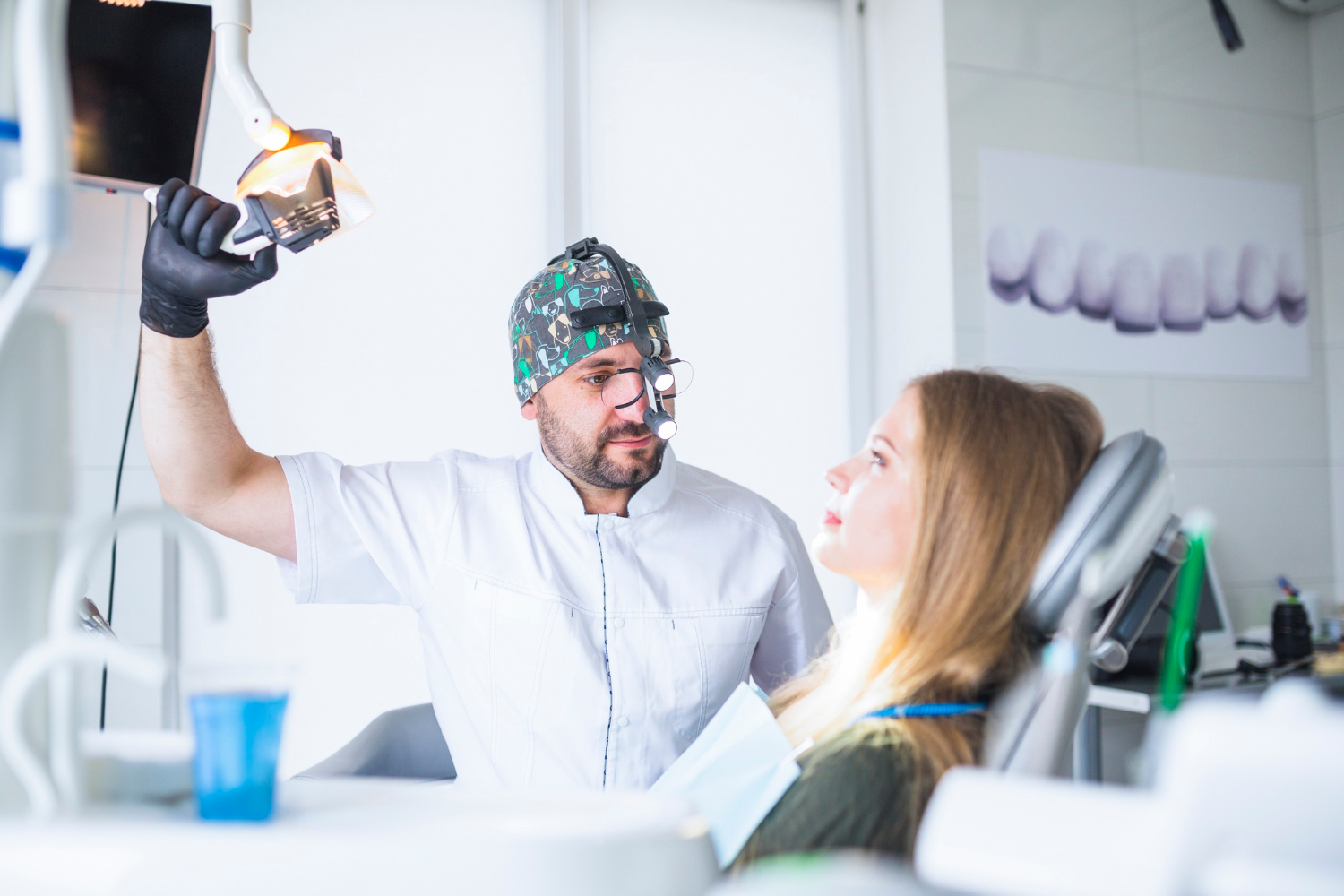
Advanced Cancer Treatment In India For A Brighter Future
Cancer can be cured at an early stage if detected and treated immediately. It can be spotted in many ways such as a lump in the mouth, a sore throat or a swollen jawThese include cellular therapy that uses immunity cells extracted from the body and modified to treat specific tumours.
Free and Subsidized Cancer Treatments In India
Cancer is a life-threatening disease that can financially strain patients and their families. Fortunately, many NGOs and charitable hospitals are working to reduce this burden for the underprivileged. They help cancer patients by providing them with free medical care and subsidized . They also run outreach programmes to spread awareness about cancer. They can significantly improve the survival rate of cancer patients if detected early.
Moreover, patients can benefit from the recently launched Ayushman Bharat scheme, which covers hospitalization expenses up to Rs 5 lakh per family annually. However, this initiative does not address the cost of treatment for advanced stages of cancer. Hence, it is essential to get an adequate health insurance plan in order to cover these costs. This will also give you peace of mind in case of any emergency.
Advanced Radiotherapy Techniques
Radiation therapy is an effective treatment for cancer and can be delivered with minimal side effects. Newer radiation techniques like IMRT, VMAT and SBRT enable doctors to deliver high doses of radiation to tumours with minimal damage to normal tissues. Compared to traditional 3D conformal radiotherapy, these newer techniques reduce the incidence of late toxicities (such as xerostomia) and improve loco-regional control. However, these advances also come at a cost. . Several advancements have paved the way for effective cancer treatment in India.
To address this issue, it is essential that health insurance schemes such as Ayushman Bharat and Pradhan Mantri Jan Arogya Yojana cover the costs of advanced radiation therapies at private hospitals. This would enable more people to benefit from these life-saving treatments. However, ensuring that such benefits extend to the underserved will require support at all levels to overcome operational barriers.
Immunotherapy
Immunotherapy treatments help the patient’s immune system fight cancer cells by stimulating or improving how it locates and attacks tumors. Some immunotherapy drugs block proteins that stop the body’s natural immune defences from attacking cancerous cells. Others boost a patient’s own immune system by removing and modifying immune cells so they better recognise cancerous tumours, such as with CAR T cell therapy.
Immunotherapy has an excellent success rate, especially in the latest stages of cancers, and is currently a popular treatment option in India. This is partly due to the fact that doctors there have extensive experience in treating this type of cancer and are highly skilled, allowing them to deliver superior results. In addition, patients are able to access affordable, high-quality treatments via the government’s Ayushman Bharat Pradhan Mantri Jan Arogya Yojana.
Targeted Therapies
Many cancer patients are living a near-normal life without chemotherapy thanks to targeted therapies. These drugs target a specific genetic abnormality and destroy cancer cells without damaging healthy ones. This form of treatment is the cornerstone of precision , which uses information about a patient’s genes and proteins to prevent, diagnose, and treat disease. Unlike traditional chemotherapy, which attacks all rapidly dividing cells, targeted drugs attack only cancer cells. This reduces side effects and improves survival rates.
Bollywood celebrities such as Irrfan Khan, Manisha Koirala, and Yuvraj Singh have all fought and conquered cancer with the help of targeted therapies. The cost of these drugs is much less in India than in the US or UK, and patients can save a lot of money by traveling to this country for their treatment.
Precision
Unlike conventional cancer treatments which treat patients according to the location of the tumour, precision treats patients according to the genetic mutations driving the tumour. This approach is more accurate than previous treatment methods. This is based on the increasing understanding of the molecular basis of diseases. This new knowledge allows doctors to better determine which patients will benefit from which drugs and how well they will respond to them.
This is a major change from existing treatments that use informed guesswork to select the right drug for a patient. However, precision is still in its infancy and requires a lot of investment for infrastructure like high-throughput computing systems to generate, share, and store the data. It also needs to be incorporated into the healthcare system by education and awareness sessions for all stakeholders.
Last Word
Cancer is one of the deadliest diseases that can affect people. With a proper diagnosis and timely treatment more than 90% of patients can be cured. India has world-class doctors and equipments for cancer treatment. It provides facilities like surgery, chemotherapy, radiation therapy, immunotherapy, hormone therapy, stem cell transplant and precision .




